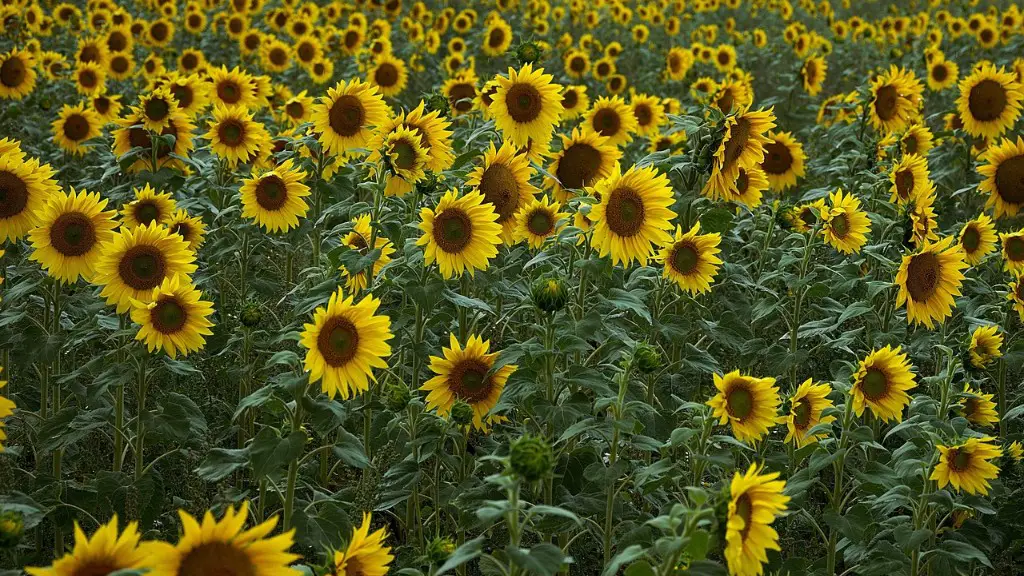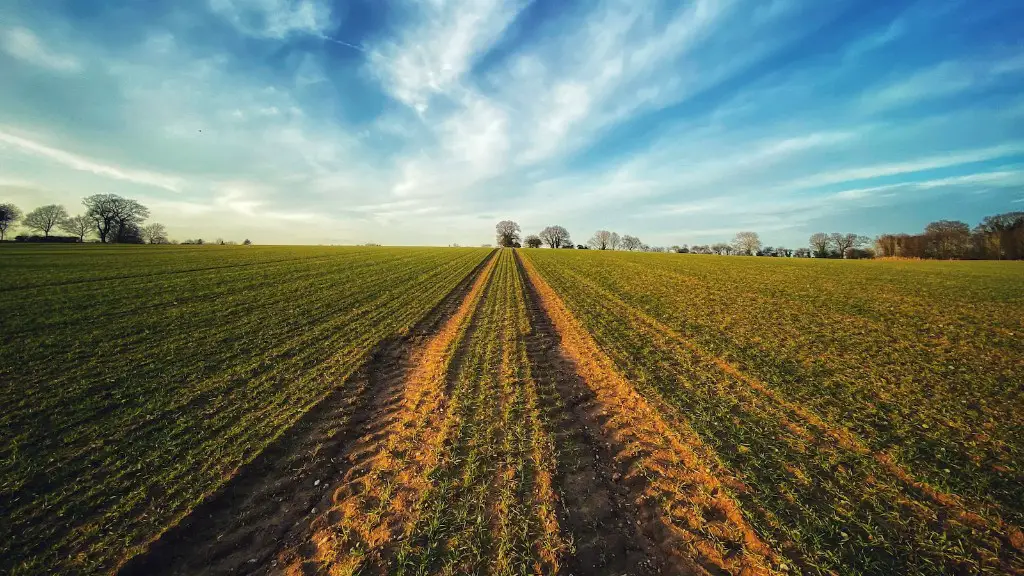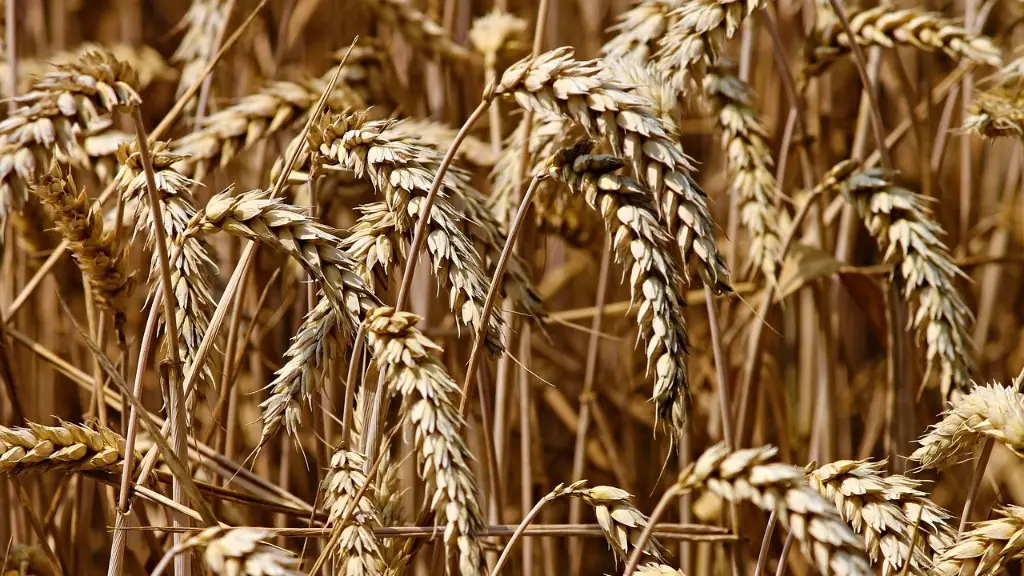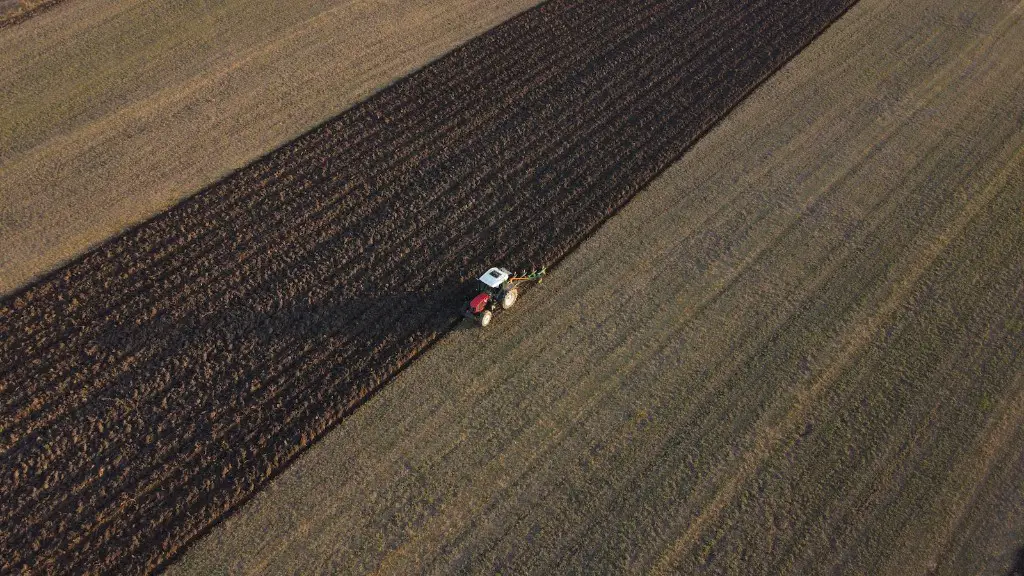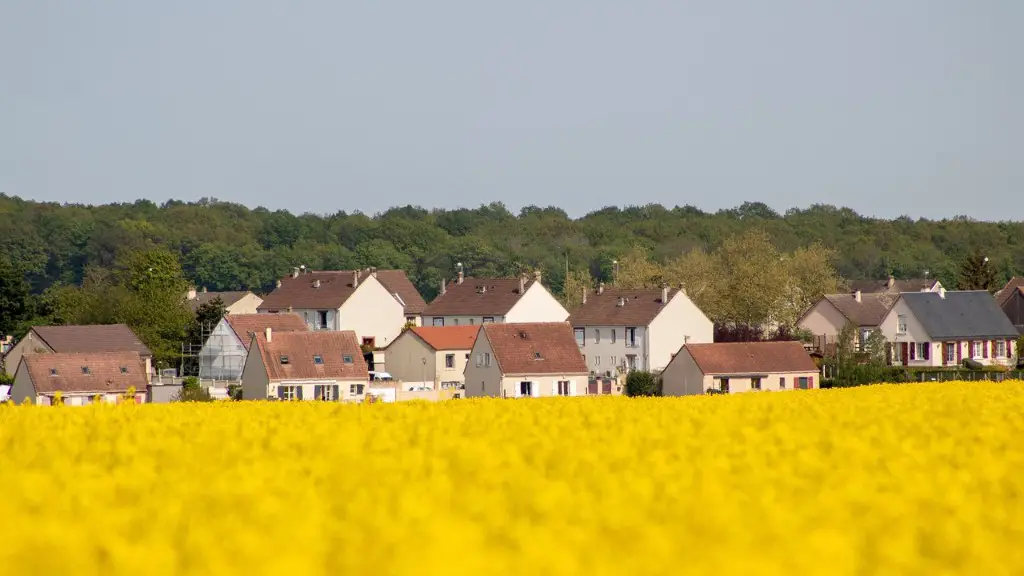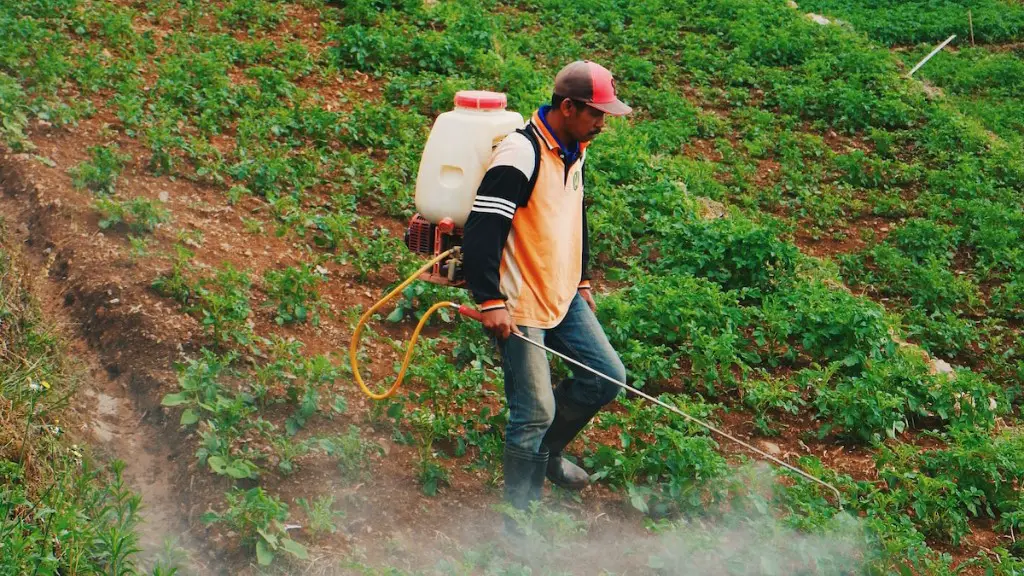Agriculture class teaches students many valuable skills. It covers topics related to crop production, plant health, and animal husbandry, as well as the economics of farming. From understanding the science behind farming, to exploring the global importance of agriculture, students get an in-depth look into the world of rural life. Not only do they learn about how food is produced, but they also learn about the many ways in which agriculture affects the environment and society.
In agriculture class, students learn about the vast range of plants and animals that farmers need to keep track of. They explore crop rotations, planting methods, harvests, and storage techniques. They also learn about the importance of soil health and the consequences of improper land management. Moreover, the class will discuss food supply chain and good farming practices.
In terms of animal husbandry, students in agriculture class learn about the different breeds of livestock, their various characteristics and qualities, and the proper care and feeding of them. They also learn about pest and disease control, as well as the control of other animal-related hazards.
Another key lesson learned in agriculture class is the economics of farming. Students learn how to calculate costs and profit, and how to price products. In addition, they learn more about the importance of marketing, along with the risks and rewards associated with it.
In addition to this, students in agriculture class may also get an opportunity to visit a farm or participate in field trips and workshops. These trips are designed to give students a real life example of the skills they learn and how to put them into practice.
Finally, students build practical skills in the classroom. This includes plant and animal identification methods, resource management techniques, harvest and storage techniques, and the use of agricultural technology. They also learn how to put together different pieces of information from different sources and how to effectively apply it in the real world.
Crop Production
Agriculture class teaches students about the different aspects of crop production. From understanding the basics of seed selection, cultivating and harvesting techniques, to exploring the global importance of crop rotation, students discover more about how food is grown. Additionally, they learn about the different crop diseases, the methods of controlling these, and the different strategies used to maximize crop yield.
In agriculture class, students also get an opportunity to explore various soil types, organic farming methods, and the importance of soil fertility. Moreover, they learn about the different methods used to allow crops to thrive while reducing environmental impacts such as soil erosion, water limitation, and depletion of soil nutrients.
Finally, students in agriculture class also get to understand the complex process of production planning for crops. This involves examining the numerous factors that go into a successful crop strategy, such as the market value of the crop, seasonality, and other economic considerations.
Plant Health
One of the most important topics covered in agriculture class is plant health. Students learn about the different pest and disease management strategies, as well as the various methods of identifying, controlling, and managing them. They will also get to understand the consequences of poor plant health and the ways in which it affects the environment and society.
In addition, students will explore the wide range of plant diseases, their symptoms and causes, and the ways to recognize, prevent, and control them. Moreover, they will investigate the different strategies for reducing plant losses, like checking for plant stressors, focusing on rotation crops, and growing crops with raised beds.
In addition, students get to learn how to use certain organic methods to protect plants from pests and diseases. These include companion planting, area exclusion, and the use of natural pest control agents.
Animal Husbandry
In agriculture class, students learn more about the different breeds of livestock and their various characteristics. They explore their nutrition, the methods of controlling their reproduction, pest and disease control, and the different steps needed to provide proper care and feeding.
Moreover, they get to understand the consequences of improper animal husbandry. They learn about the importance of maintaining healthy and stress-free animals, and the techniques needed to achieve this. In addition, they investigate the many ways in which animals can suffer from inhumane practices, and the protective measures that need to be taken to ensure their wellbeing.
In addition, students will learn about the environmental impact of animal farming, the consequences that arise from overgrazing or improper waste management, and the actions needed to reduce and conserve resources.
Economics of Farming
Economics is an important part of agriculture class, as it allows students to understand how to calculate costs and prices and make decisions about a farm’s business. They learn about different ways of managing finances, balancing a budget, and determining the economic feasibility of a venture.
In agricultural class, students explore the complex relationship between price and demand, and the factors that affect those elements. They explore the various challenges of pricing products to maximize profits and minimize losses.
In addition, they learn more about risk assessment and the factors that affect profitability in agriculture. They also investigate the importance of marketing, along with the implications of digital technology and e-commerce in the sector.
Skills and Technique Development
Agriculture class helps students to develop useful knowledge and practical skills in the classroom. These include plant and animal identification methods, resource management strategies, harvesting and storage techniques, and the use of agricultural technology.
In addition, students learn how to put together different pieces of information from different sources and how to apply them in the real world. They also build essential problem-solving and leadership skills, helping them to become flexible and accountable farmers in the long run.
Visiting Farms and Field Trips
Students may get the chance to visit a farm or take part in workshops and field trips as part of their agriculture class. These journeys are designed to deepen their knowledge and experience of farming life, and give them access to first-hand examples of the skills they have been learning in the quest to prepare them for the real world.
In their visits, students learn more about the various tools and techniques used in the business, while gaining a closer look at the many challenges associated with farming. This helps them to understand the cycles of nature and the tremendous rewards that come with being a responsible farmer.
Environmental and Social Implications
Agriculture class is also focused on highlighting the environmental and social impacts of farming. Students learn about the long-term effects of climate change, the importance of conservation, and the risks posed by the misuse of resources.
Moreover, they explore the different methods used to minimize environmental impacts and to protect the environment, such as the use of organic and sustainable farming practices. In addition, they investigate the many ways in which agriculture has a huge potential to help people in developing countries.
Finally, students learn about the different problems caused by agriculture, such as soil erosion, water depletion, and land degradation. They also investigate the measures taken to reduce these issues.
